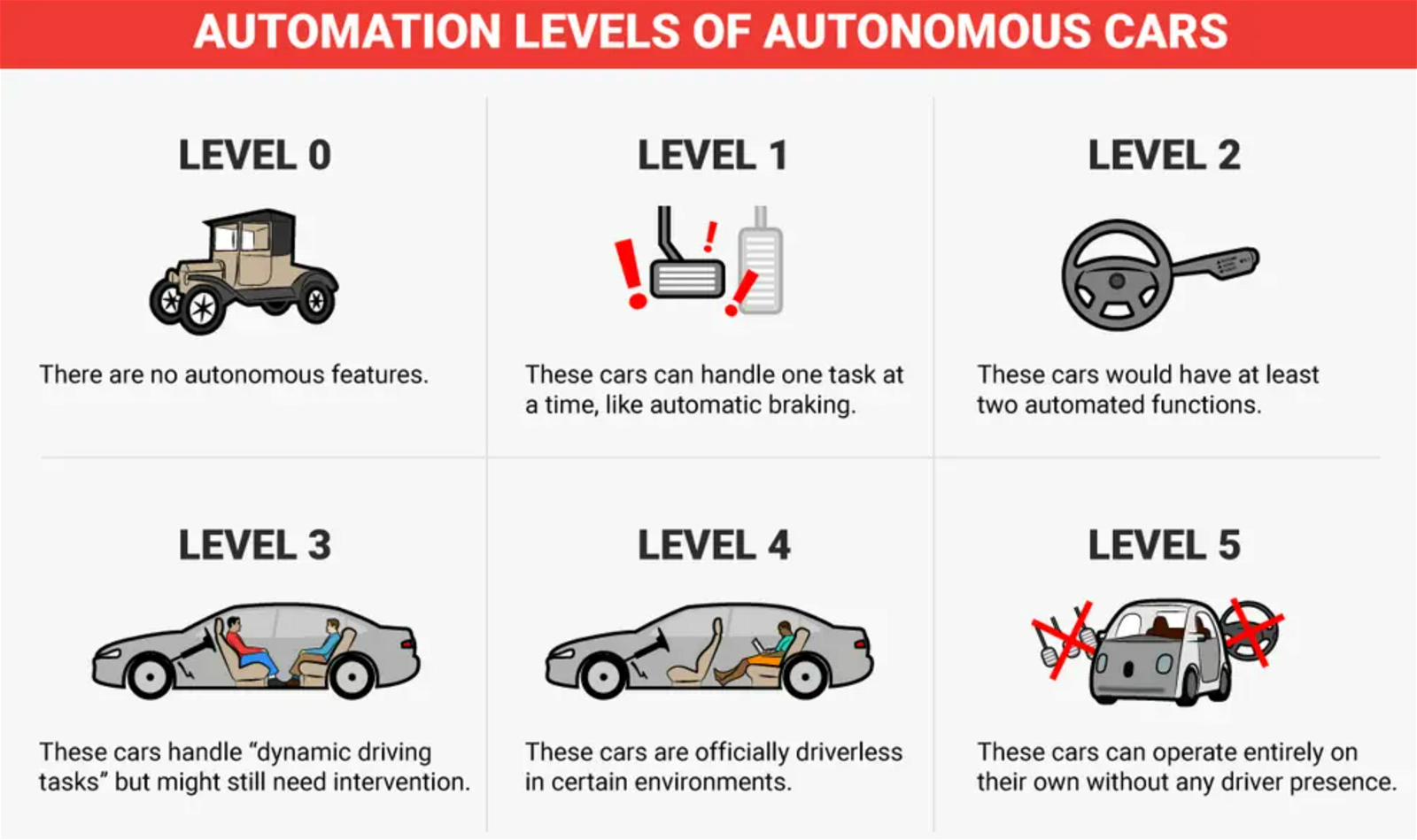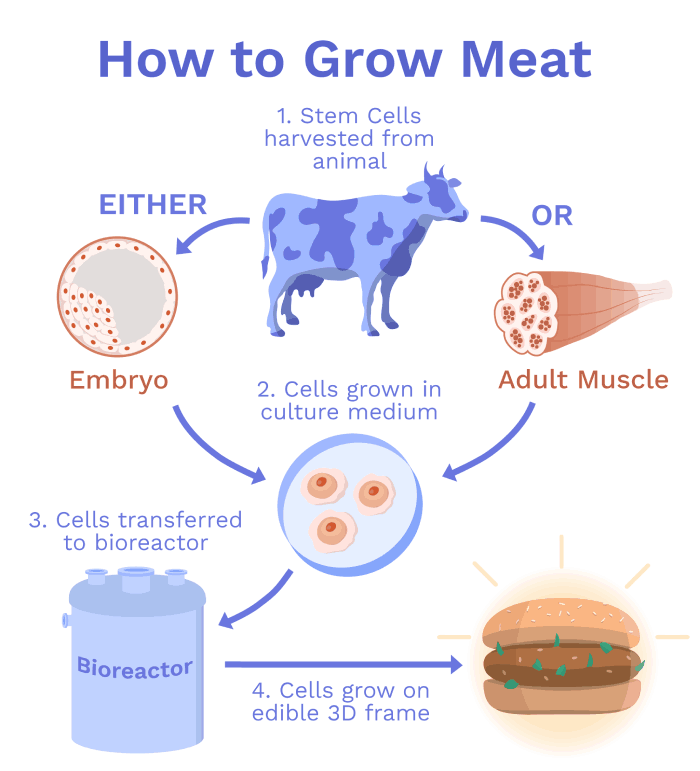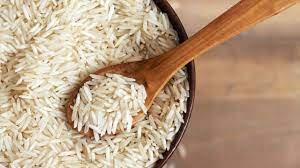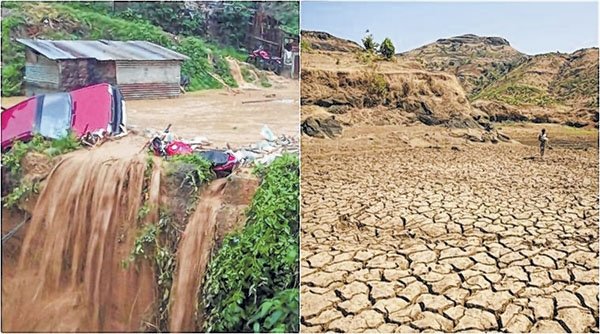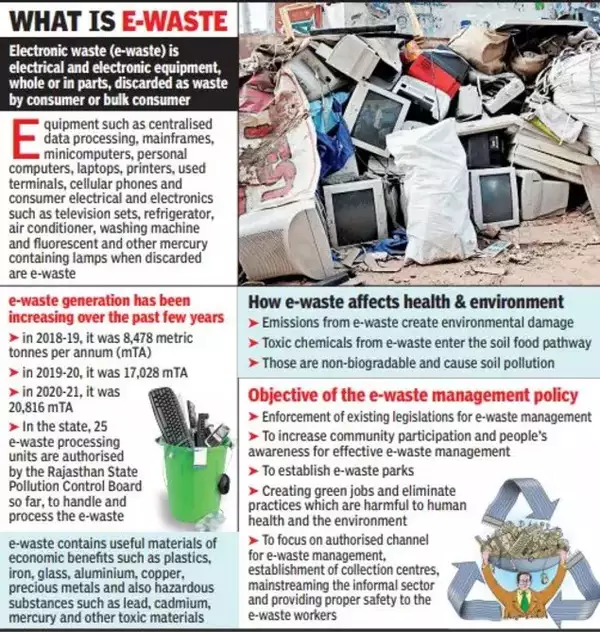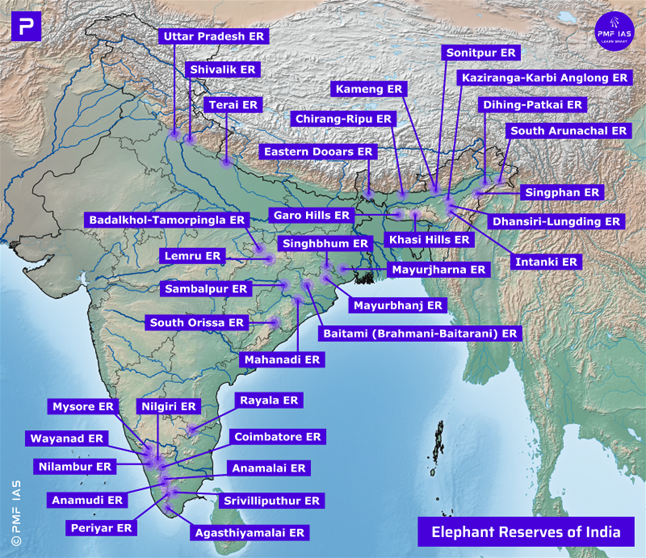
Farmer’s Protest | Minimum Support Price
Subscribers of "Current Affairs" course can Download Daily Current Affairs in PDF/DOC
Subscribe to Never Miss an Important Update! Assured Discounts on New Products!
Must Join PMF IAS Telegram Channel & PMF IAS History Telegram Channel
- Context (IE | IE | IE): Over 200 farmers’ unions from Punjab are preparing to march to Delhi. In response, the Delhi Police has enforced Section 144 across the national capital for a month.
- The farmers’ primary demand in their 12-point agenda is:
- A law to guarantee the minimum support price (MSP) for all crops.
- Determination of crop prices based on the recommendations of the Dr M S Swaminathan Commission’s report (C2+50% Formula).
|
Other Demands of the Farmers
- Full debt waiver for farmers and labourers;
- Implementation of the Land Acquisition Act of 2013, with provisions for written consent from farmers before acquisition, and compensation at four times the collector rate.
- Punishment for the perpetrators of the October 2021 Lakhimpur Kheri killings.
- India should withdraw from the WTO and freeze all free trade agreements.
- Pensions for farmers and farm labourers.
- Compensation for farmers who died during the Delhi protest, including a job for one family member.
- The Electricity Amendment Bill 2020 should be scrapped.
- 200 (instead of 100) days’ employment under MGNREGA per year, a daily wage of Rs 700, and the scheme should be linked with farming.
- Strict penalties and fines on companies producing fake seeds, pesticides, fertilisers, and improvements in seed quality.
- National commission for spices such as chilli and turmeric.
- Ensure the rights of indigenous peoples over water, forests, and land.
Reasons why farmers demand a legal guarantee for MSP
- Market conditions favouring buyers over sellers
- Farmers sell their crops, except for perhaps milk, in large quantities.
- This results in a sudden increase in supply compared to demand.
- The surplus supply puts downward pressure on prices.
- Farmers don’t have the market influence to impact their produce prices
- Unlike many industries, they can’t set the Maximum Retail Price (MRP).
- Instead, they sell their products at rates determined by prevailing supply and demand.
- Farmer’s burden
- Farmers sell their crops in bulk at wholesale rates.
- However, they purchase everything they need, such as seeds, pesticides, diesel, tractors, cement, medicines, toothpaste, and soap, at retail prices.
How can MSP be guaranteed?
- Make buyers pay MSP enforced by law: For instance, sugar mills must pay cane growers a fair price within 14 days. However, this approach can face implementation challenges, as seen with recurring cane payment delays or private trade opting not to buy.
- Government agencies buying all the marketable produce from farmers at MSP: Yet this is impractical both physically and financially.
- Price deficiency payments (PDP): Here, the government doesn’t physically buy crops but pays farmers the difference between the market price and MSP if the former is lower. This payment is based on the quantity of crops sold to the private trade.
|
Expert’s opinion
- Fixed MSPs that ignore demand conditions can lead to imbalances in production, with oversupply of some crops and undersupply of others. So, Farmers are advised to grow crops based on market demand and current prices.
- Suggestion
- Many economists suggest providing farmers with income support rather than price support.
- This could involve transferring a fixed sum of money annually into their bank accounts, either per farmer (like PM-Kisan Samman Nidhi) or per acre (like Telangana’s Rythu Bandhu).
- Direct income support doesn’t distort the market and benefits all farmers, regardless of the crops they grow, the quantity, or the selling price.
Significance of legalising MSP
- Cash support during times when prices go below MSP.
- Crop Diversification: MSP for all crops can lead to farmers moving to crops other than paddy and wheat.
- Over 60% of field crop production in India comes from only these two crops (excluding sugarcane), as farmers lack risk appetite for other crops.
- Benefit farmers nationwide: MSP-based procurement is currently limited to certain states (Uttar Pradesh, Punjab, Telangana, Madhya Pradesh, Haryana and Chhatisgarh).
Sanjay Agrawal Committee
- Context (IE): While announcing the decision to repeal the three farm laws, PM assured that a committee will be constituted to look into various issues of farming.
- Consequently, the Centre constituted a committee headed by former Union Agriculture Secretary Sanjay Agrawal on July 18, 2022.
- The committee’s terms of reference are:
- To promote zero-budget-based farming.
- To change crop patterns, keeping in mind the changing needs of the country.
- To make MSP more effective and transparent. It does not include a legal guarantee for MSP.
- Recommendations to strengthen the Agricultural Marketing System.
- Suggestions on the practicality of giving more autonomy to the Commission for Agricultural Costs and Prices (CACP) and measures to make it more scientific.
- Members of the committee: Representatives of the Central and State governments, farmers, agricultural scientists, and agricultural economists.
- Deadline: The notification did not specify the tenure of the Sanjay Agrawal committee. Therefore, the committee has no deadline by which it is required to present its report.
Zero Budget Natural Farming (ZBNF)
 |
NCF Report Recommendations
- Context (IE): On November 18, 2004, the Ministry of Agriculture constituted a National Commission on Farmers (NCF) under Prof Swaminathan.
- Between December 2004 and October 2006, the NCF submitted five reports.
Key Recommendations by the NCF reports
- Causes of Farmer suicide: Insufficient public investment and inadequate public actions were the reasons for the acute agricultural distress leading to farmer suicides.
-
For Women in Agriculture
- Support services and access to timely credit and extension services should be ensured.
- It proposed the establishment of a National Board for Women in Agriculture.
-
Pro-market reforms
- The NCF suggested a code of conduct for contract farming.
- The Commission recommended amending State Agriculture Produce Marketing Acts to facilitate private sector or cooperative involvement in establishing markets, developing marketing infrastructure, and providing support services.
- It also suggested rationalising market fees and other charges while enabling marketing without the obligatory involvement of APMC/licensed traders.
- Need to reassess the Essential Commodities Act, considering that certain laws may have become outdated.
- Promote the formation of farmer groups or organisations to negotiate with buyers and safeguard the interests of small-scale farmers.
- The Commission suggested allowing futures and options trading in agricultural commodities, supervised and regulated by an autonomous body similar to SEBI.
-
Recommendations regarding MSP
- It emphasised the need to avoid delays in issuing the MSP, especially for Kharif crops.
- Highlighted the necessity for improving the implementation of MSP across different regions.
- The Swaminathan Commission did not recommend the fixing of MSP based on C2 (actual cost of production) plus 50 per cent, as demanded by the protesting farmers.
- MSP should be the minimum benchmark for both government and private traders procurement.
- Government purchases should include MSP plus the cost escalation since its announcement, reflecting the prevailing market price.
- The government should also procure staple grains for the Public Distribution System (PDS) at a price equivalent to what private traders offer to farmers.
-
Other Suggestions
- Creation of Farm Schools in the fields of innovative farmers to disseminate their practices.
- Establishment of a grain bank and community food and fodder banks.
- Advocated for the promotion of insurance and the creation of a national network of advanced soil testing labs.
- CACP should function as an independent statutory body, primarily tasked with recommending profitable prices for key agricultural commodities in both dry and irrigated areas.




![PMF IAS Environment for UPSC 2022-23 [paperback] PMF IAS [Nov 30, 2021]…](https://pmfias.b-cdn.net/wp-content/uploads/2024/04/pmfiasenvironmentforupsc2022-23paperbackpmfiasnov302021.jpg)
